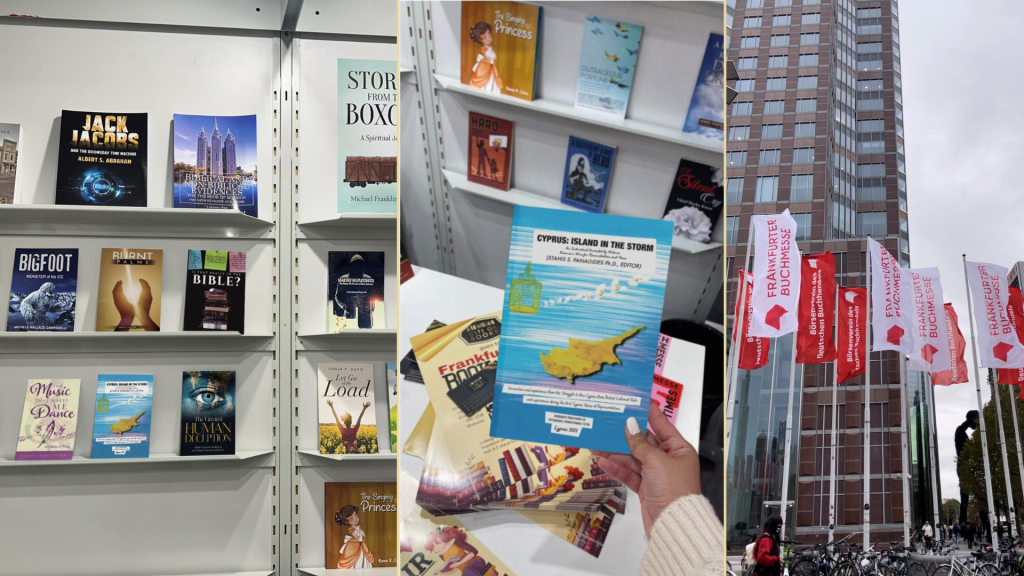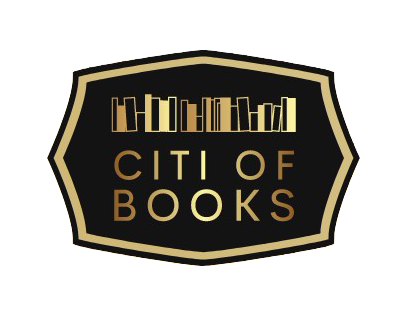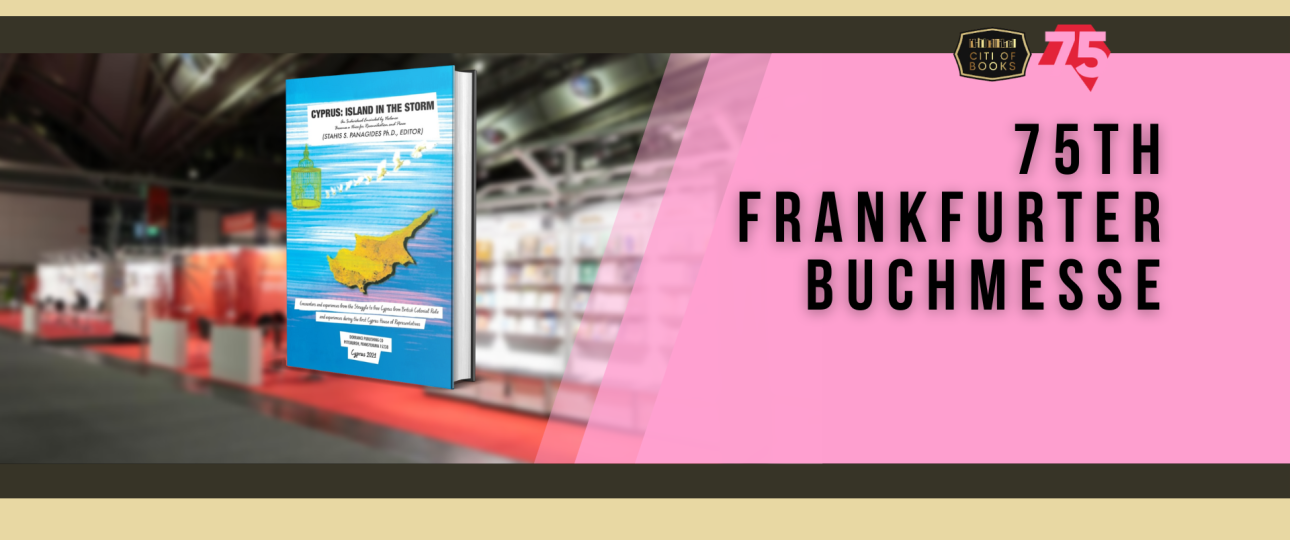
The 75th Frankfurter Buchmesse, the largest trade show for books, was held every year in Frankfurt, Germany. For worldwide business and trading, it is regarded as the most significant book fair on earth.
The Frankfurt Book Fair celebrated its 75th anniversary, celebrating literary and cultural diversity. With a series of activities prepared, one of the most anticipated this year is the chosen country to be the guest of honor, which is Slovenia. The country will present not just its diverse, unique qualities as an attractive place to travel but also as a country with a rich literary tradition.
This year, Citi of Books joined the largest book fair in the world. We were excited to present books written by our distinguished authors. In our assigned booth, a range of books—from fiction to nonfiction—would be on exhibit. A book included in the gallery was “Cyprus: Island in the Storm: An Individual Encircled by Violence Becomes a Voice for Reconciliation and Peace” by Stahis S. Panagides, Ph.D., Editor.
Stahis Solomon Panagides, the author of this edition, is Dafnis’ brother. He is an economist with extensive experience in international development and conflict resolution, having worked with the World Bank, the Organization of American States, the Ford Foundation, and the University of California (Berkeley). He served as the Resident Country Director of the Millennium Challenge Corporation in Cape Verde, a U.S. Federal Development Agency. He is a founding member of the Esquel Group Foundation, an institution dedicated to civil society participation and sustainable development with affiliates in Latin America.
In this English edition of the original Greek book by Dafnis Panagides, Πικροδάφνες (Bitter Leaves of Laurel), a significant life is revealed. Set in Cyprus during the turbulent years from 1954 to 1974, this remarkable book uncovers how Dafnis evolved from being a patriot or terrorist to an internationalist or humanist. His religious awareness evolved beyond the confining borders of the Orthodoxy of Cyprus to the engaging values of broader Christianity. His patriotism shifted from ethnocentric, narrow, fanatic Greekness to an appreciation of the Hellenic culture’s universality.
The important message from this book comes from Dafnis’ life journey, his encounter between violence and peace, and his revelation of how, despite the violence and distrust between the Cypriot Greek and Turkish communities, it is possible to reach peaceful coexistence and cooperation as Cypriots while maintaining their distinct identities. There are lessons for the turbulent Eastern Mediterranean, especially for Greek-Turkish relations, and beyond.
Like what you just read?

